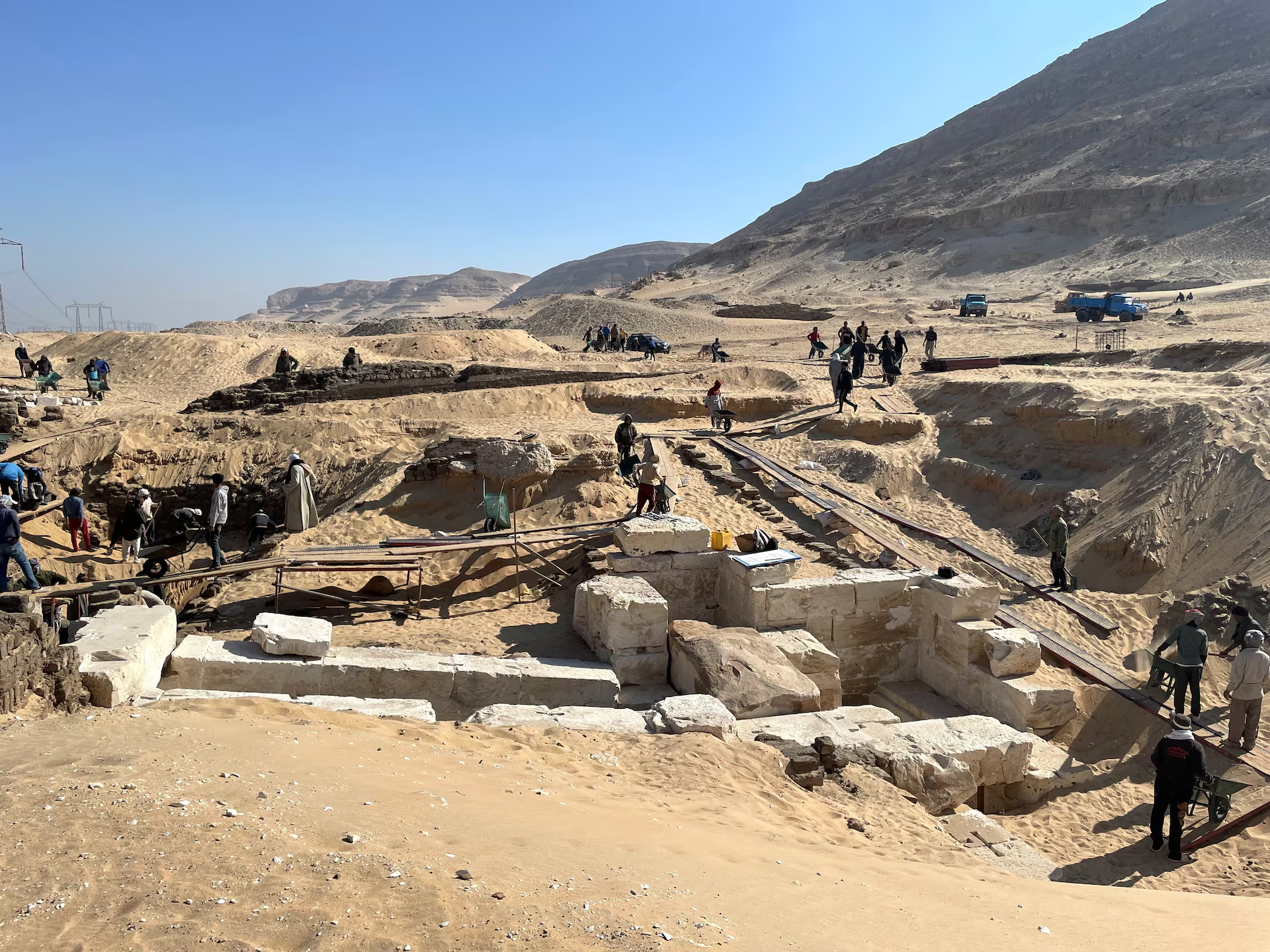Egypt is pushing ahead with a new project to restore historic Cairo, a sprawling but now rapidly crumbling thousand-year-old world heritage site home to many a tale in the Thousand and One Arabian Nights.
The plan aims to revitalise and promote Cairo as a tourist attraction while the government prepares to move to a futuristic new capital in the desert.
It gives fresh impetus to efforts by professional architects and restorers to also save old buildings which they feared were being lost because of bureaucracy, official corruption and legal constraints.

Low-rise apartments will be built on vacant lots in the historic district, where residents and workshops will relocate as dilapidated structures are reconstructed and restored, said lead coordinator Mohamed Elkhatib.
“For the first time the budget is not a problem,” said Elkhatib, without giving an estimate. “They (the government) told me that any budget for Historic Cairo will be approved.”
Workers will soon start improving facades of older buildings — including those not officially listed as historic — to match the vernacular of previous centuries.

The plan also involves converting several of the city’s wikalas or caravanserais, into boutique hotels, an idea proven successful elsewhere in the Middle East.
“We have actually begun working on pieces of land,” said Elkhatib. “Negotiations with the residents have ended and we have begun.”
The government intends to renovate about 10% of the area in an initial two-year phase and is studying proposals to create a single entity for historic Cairo’s roughly 30 square kms (11.6 square miles), he said.
LAYERS OF HISTORY
Much of the initial work will focus on restoring the districts around three grand gates built by Tunisia’s Fatimid dynasty, which ruled for two centuries after its army conquered Cairo in 969 A.D.

One gate, Bab al-Zuwaila, and Habbaniya Street to its south, were scenes of vignettes in the Thousand and One Arabian Nights.
Historic Cairo is dense with workshops, souks and dwellings, and crafts practiced on some streets can be traced back centuries.
“Few cities in the world have so many layers of history dating back so long,” said Jeff Allen of the World Monuments Fund, which is working on a 16th century Sufi religious complex south of Bab al-Zuwaila.
Some restorers and architects also worry about the complexity and cost of restoration, and the possibility it could lead to Disneyfication.

Elkhatib says the area’s character will be preserved.
Alaa al-Habashi, an architect and restorer who specialises in Islamic architecture and was asked to help draw up the restoration plan, said the government was now taking into account residents, crafts, historic fabric and infrastructure, rather than focussing on monuments alone.
“The change is dramatic. It has been awaited a long time,” Habashi said.
But implementation will be key. “I’m worried about delays,” he said. “I’m also worried that the principles upon which the whole project has been shaped might also somehow in the implementation be modified.”

Eventually much of the area will be converted into pedestrian zones.
“The second phase is to start dealing with the historic, not the (officially) listed, buildings. We will document all these buildings and restore and reuse them,” said Elkhatib. (Reuters)








You must be logged in to post a comment.